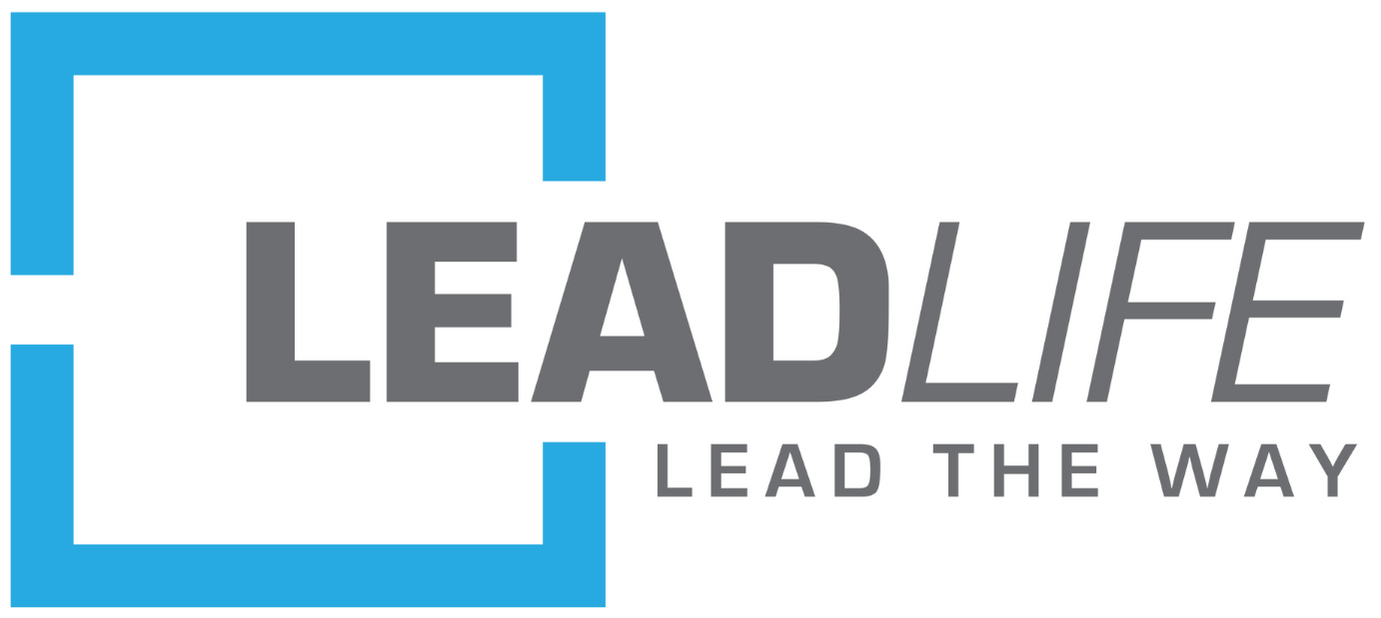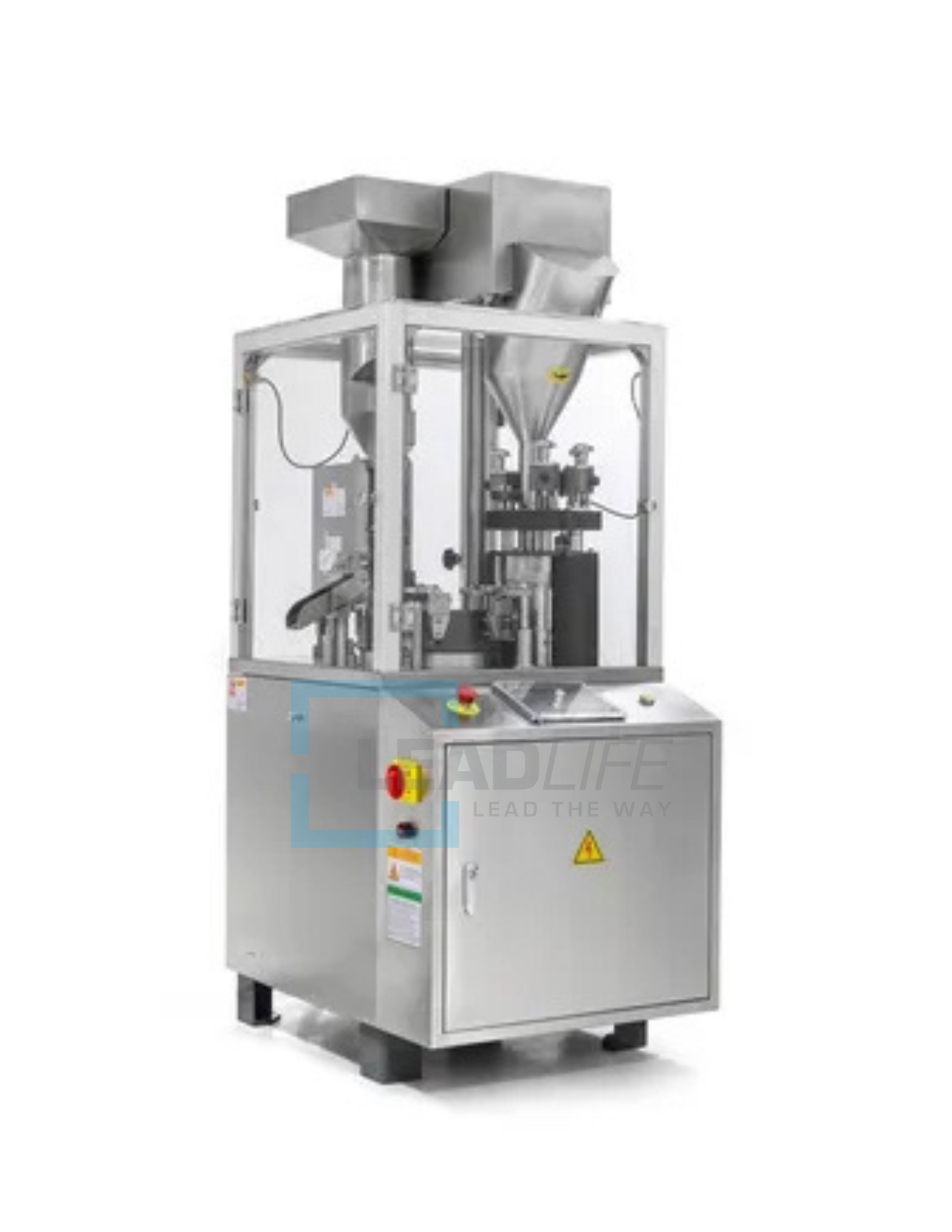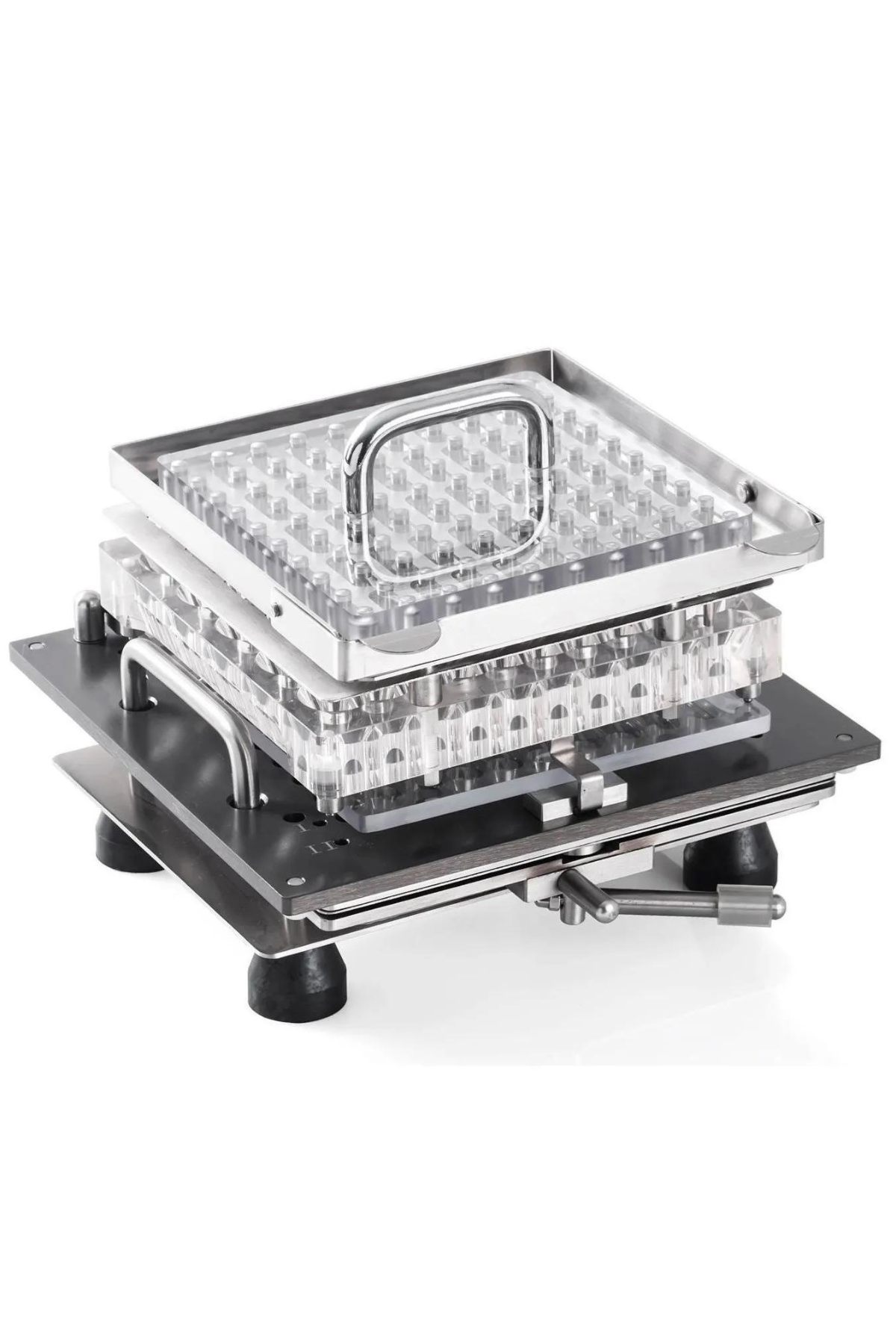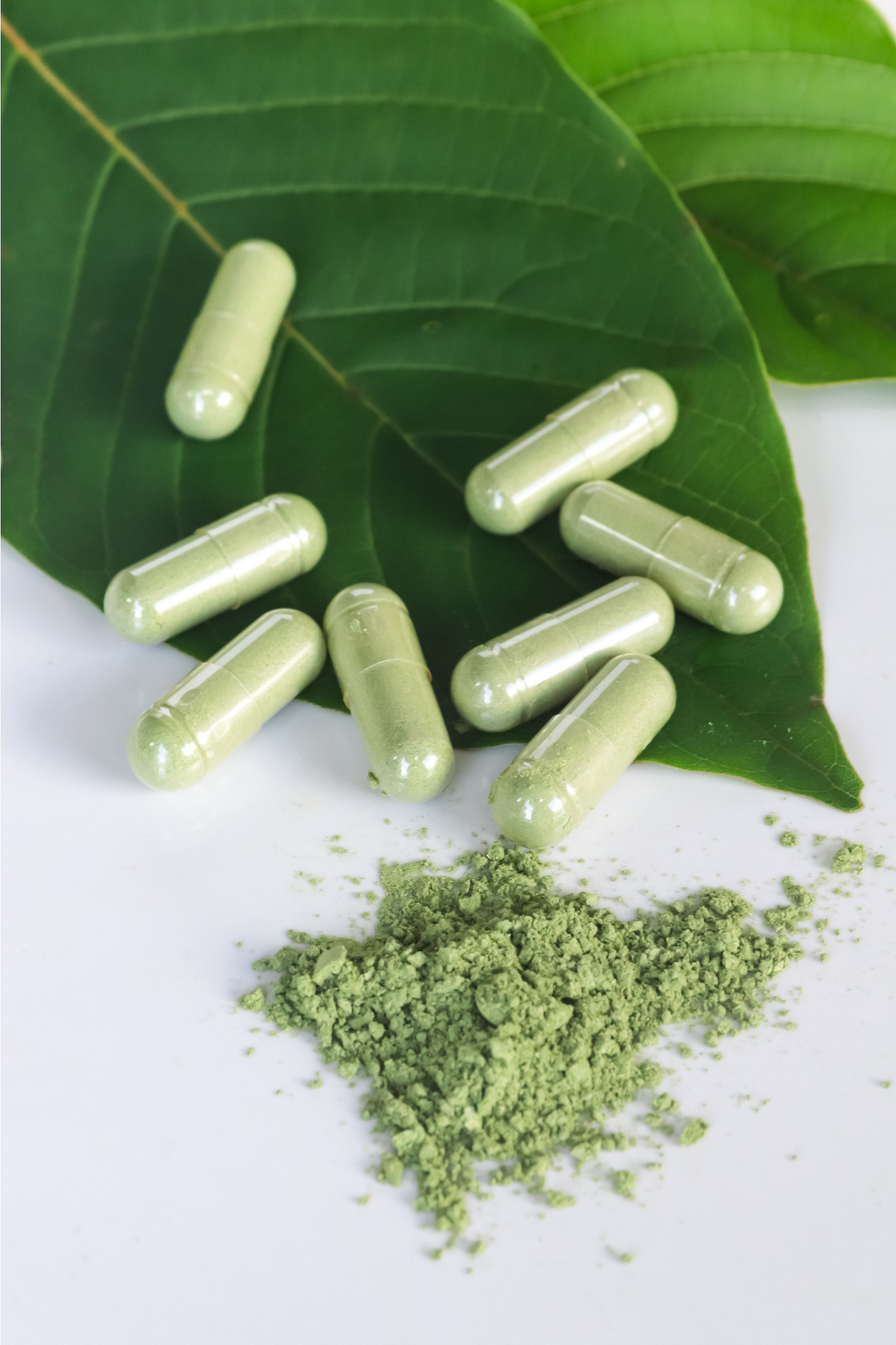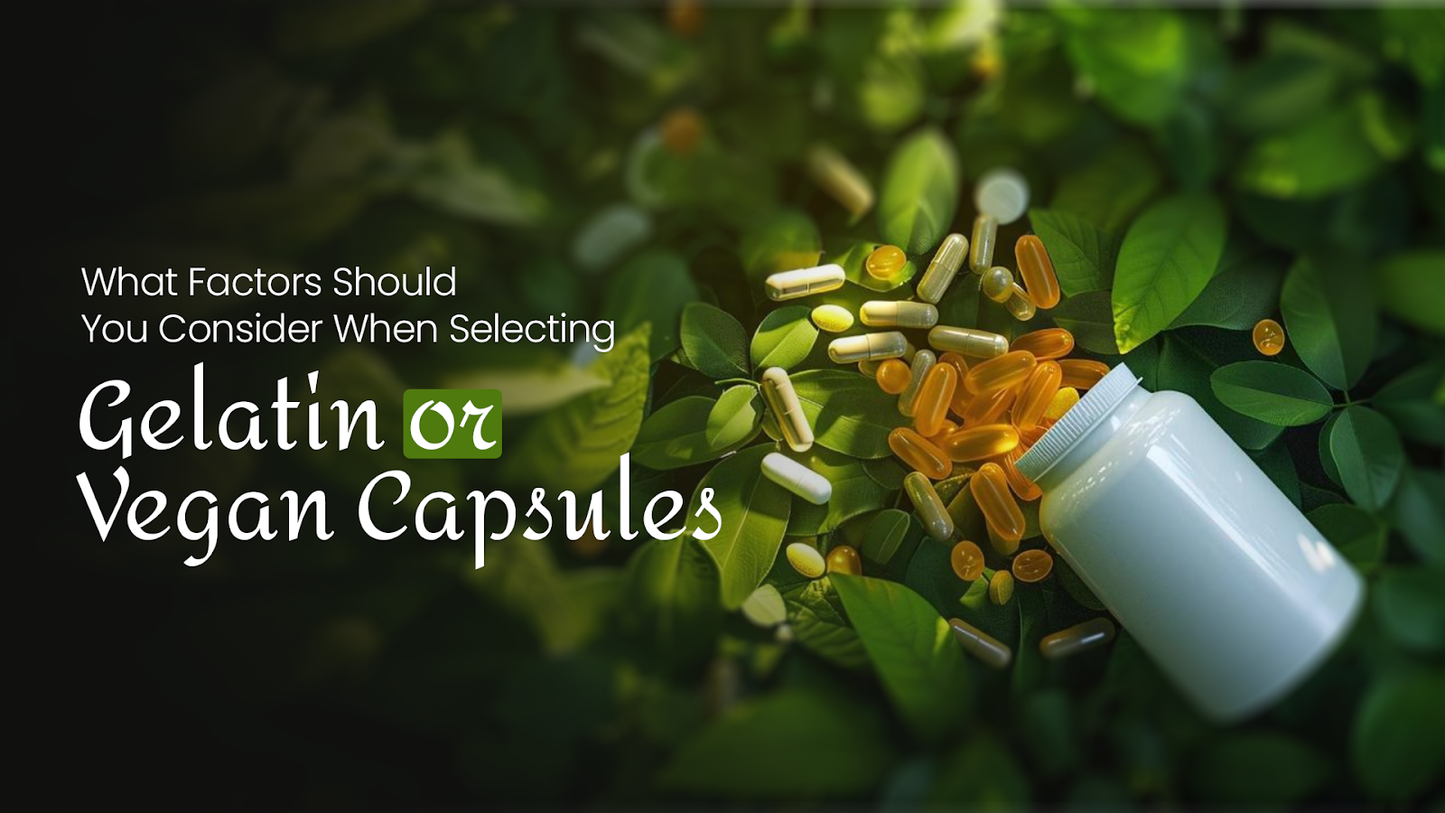
If you're in the health supplement industry or just someone who prefers to make your capsules at home, you’ve probably wondered: Should I go for gelatin capsules, or are vegan capsules the better choice?
This is a common question, especially now that more people are looking for plant-based options. Whether you’re an individual health enthusiast or a business looking to stock capsules for your customers, there are a few important factors you should consider when choosing between gelatin and vegan capsules.
Let’s explore!

1. Source of the Capsule
The first and most obvious difference between gelatin and vegan capsules is the source. Gelatin capsules are made from animal byproducts, specifically collagen obtained from the bones, skin, and connective tissues of animals like cows and pigs. For many, this is where the dilemma starts. Some people don’t want to consume animal-derived products for dietary, religious, or ethical reasons.
On the other hand, vegan capsules are made from plant-based materials, primarily HPMC (Hydroxypropyl Methylcellulose). This makes them a go-to choice for individuals following a plant-based diet, those with religious dietary restrictions, or anyone simply looking to avoid animal products. If you’re running a business and catering to a health-conscious or vegan audience, vegan capsules might be a no-brainer.
2. Digestibility and Absorption
Another key consideration is how well the capsules break down in the body. Gelatin capsules have been the standard for years because they dissolve quickly and release their contents easily. This quick breakdown is essential for proper absorption of supplements or medication.
However, vegan capsules are equally effective in terms of digestibility. The HPMC material used in vegan capsules dissolves in the body’s natural fluids, ensuring that the supplement or medication inside is released and absorbed efficiently. Some users find that vegan capsules are gentler on their stomachs, particularly if they have sensitivities to animal-based products.
3. Shelf Life and Stability
Storing capsules for long periods can sometimes be a challenge. Gelatin capsules are prone to becoming brittle in dry conditions or sticky in humid environments. This can lead to capsule breakage or the contents being compromised.
In contrast, vegan capsules tend to have a more stable shelf life. They are less sensitive to moisture and temperature, which makes them an excellent option for products that need to be stored for extended periods or transported over long distances. This can be a game-changer for businesses needing reliable inventory or customers who prefer to buy in bulk.
4. Cost Considerations
For businesses, cost is always a factor. Gelatin capsules are generally cheaper to produce, which is why they have long been the dominant choice in the market. However, with the rising demand for plant-based products, vegan capsules are now more affordable than ever before.
Although vegan capsules might still be slightly more expensive than gelatin ones, the gap is narrowing. Plus, if you’re catering to a niche market that values sustainability and plant-based options, the higher price could be worth it, as customers may be willing to pay more for ethically sourced products.
5. Allergies and Dietary Restrictions
It’s crucial to think about potential allergens when selecting capsules. Some individuals may have allergies or sensitivities to the components in gelatin capsules, particularly if they are derived from bovine or porcine sources. This can be a significant concern, especially if your audience includes people with specific dietary needs.
Because vegan capsules are made from plant-derived materials, they are generally hypoallergenic. They are free from animal byproducts, gluten, and allergens, making them a safer option for people with various dietary restrictions. If your goal is to provide a product that everyone can use without concern, vegan capsules could be the superior choice.
6. Sustainability and Environmental Impact
In today's world, sustainability is a major concern for both consumers and businesses. Gelatin capsules, being derived from animals, carry the environmental weight associated with livestock farming, including the use of water, feed, and other resources, not to mention the ethical concerns.
Vegan capsules, however, have a lighter environmental footprint. Since they are made from plant-based ingredients, their production tends to be more eco-friendly. For businesses aiming to align with sustainability values or consumers conscious of their environmental impact, vegan capsules offer a green, ethical alternative.
Conclusion: Which One Should You Choose?
Choosing between gelatin and vegan capsules ultimately comes down to what you value most. If you're an individual, think about your dietary preferences, potential allergies, and how your body reacts to different materials. For businesses, it’s important to consider your target audience. If you’re catering to a health-conscious, vegan, or sustainability-focused demographic, vegan capsules will likely be a better fit for your customers.
At Leadlife, we provide both gelatin and vegan capsules, so you have the flexibility to choose what works best for you or your business. Not only that, but we also offer capsule-filling machines that make it easier than ever to create your capsules at home or for your product line.
